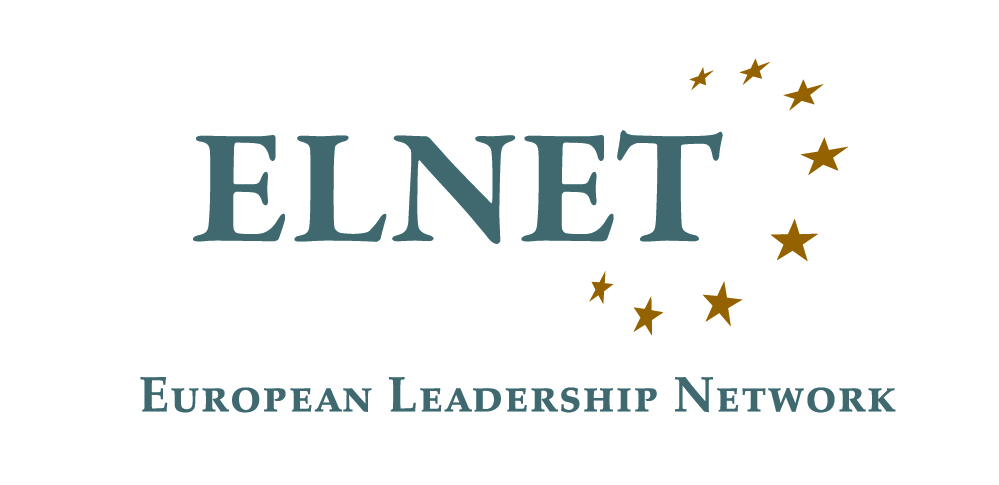The European Leadership Network (ELNET) has conducted the Israel Survey for the third consecutive year. 317 Members of Parliament (MPs) from 29 European countries participated in the unique research project. The survey examines the state of Europe-Israel relations amidst significant geopolitical events, highlighting the perceptions and priorities regarding Israel, Europe’s Middle East policy, and Jewish life in Europe among European MPs from diverse political affiliations.
These are some of the key takeaways:
• Unwavering support for Israel: A majority of European legislators (73 percent) view relations between their country and Israel as very good or good. Many express that their nation’s relationship with Israel holds special significance (83 percent).
• Growing interest in defense cooperation: Across Europe, MPs are demanding more cooperation with Israel in the area of defense, with an increase of 26 percent compared to last year’s survey. Cooperation in new technologies (72 percent) was the area most frequently mentioned by the parliamentarians.
• Embracing the Abraham Accords: 85 percent of participating MPs want to actively promote further agreements between Israel and Arab/Muslim countries. 77 percent believe that the Abraham Accords should be utilized as an effective framework for Arab countries to assist in mediating peace and facilitating the reconstruction process.
• UNRWA under scrutiny: The vast majority (90 percent) is in favor of alterations to UNRWA’s organizational structure. Opinions within this group vary: 46 percent advocate for reforming UNRWA and imposing stricter oversight, while 44 percent propose integrating the agency into other UN bodies.
• Strong call to combat antisemitism: 84 percent of participating MPs believe that further efforts are necessary to counter antisemitism in their country. Antisemitism from radical Muslim communities is seen by parliamentarians as the most significant threat in their countries (53 percent). There has been an increase in the perception of antisemitism from the left and across all layers of society as threats. A majority also agrees that Israel-related antisemitism is a problem in their country.
Carsten Ovens, CEO of ELNET (Germany, Austria, and Switzerland): “The Israel Survey once again shows the broad interest of European politics in close relations with Israel. Compared to the previous year, interest in cooperation in the defense sector as well as in cooperation on new technologies has increased enormously. While October 7 was also meant to attack the Abraham Accords, MPs across Europe see them as an instrument for stability in the region and want to further support them – now even more than ever. Meanwhile, UNRWA has lost credibility and needs to be reformed.”
Daniela Ludwig MP, Commissioner for Jewish Life and for the Relations with the State of Israel of the CDU/CSU Parliamentary Group: “The events of October 7 not only caused a geopolitical change, but also influenced the social climate in Europe, especially affecting Jewish communities. The survey shows that the vast majority of European MPs demand that more efforts have to be made to protect Jewish life in Europe. Particularly in Germany, parliamentarians recognize the problem of Israel-related antisemitism, which has significantly increased over the last three years and needs to be specifically addressed through education as well as further contact and cooperation with Israel.”
Philip Krämer MP, Member of the Defense Committee, Green Party rapporteur for the security situation in Israel: “The Zeitenwende, initiated by Russia’s war of aggression against Ukraine, means for European MPs to recognize the need to strengthen Europe’s security architecture. This sentiment has only grown stronger following the terror attack on Israel on October 7 by Hamas and the expanding Hezbollah-Iran-Russia alliance. Enhancing NATO’s partnership with Israel appears to be a promising pathway for European MPs to make Europe stronger on the world stage. According to the Israel Survey, leveraging the Abraham Accords framework to further develop a security architecture in the region is also seen as beneficial.”
Bar-Ilan University in Israel joined the project as an academic partner. Other partners include the Konrad Adenauer Foundation (Greece and Cyprus), the Royal Elcano Institute (Spain), the Ireland Israel Alliance, Med Israel for fred (Norway), the Foreign Policy Institute (Turkey), and the New Strategy Center (Romania).

